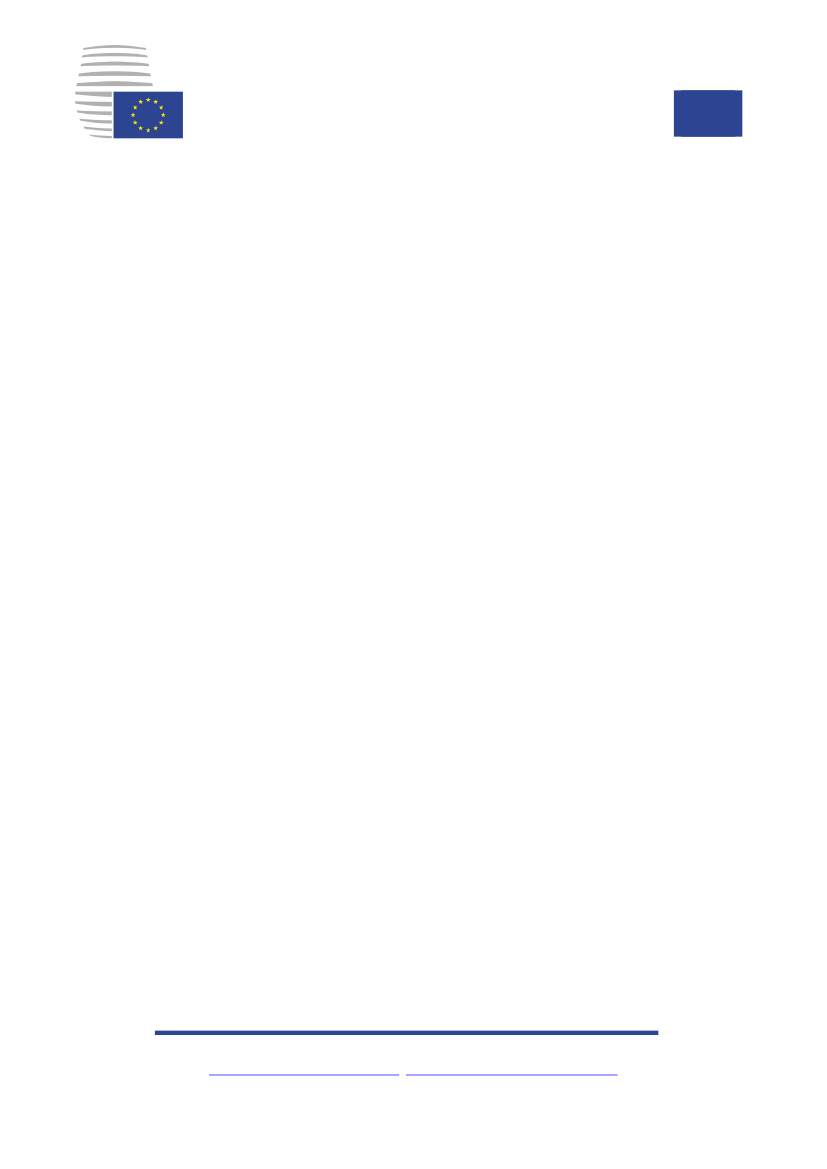
Council of the
European Union
15573/14
(OR. en)
PRESSE 584
PR CO 58
EN
PRESS RELEASE
3346th Council meeting
Foreign Affairs
Brussels, 17 and 18 November 2014
President
Federica Mogherini
High Representative of the Union for Foreign Affairs and
Security Policy
PRESS
Rue de la Loi 175 B – 1048 BRUSSELS Tel.: +32 (0)2 281 6319 Fax: +32 (0)2 281 8026
[email protected] http://www.consilium.europa.eu/press
15573/14
EN
1